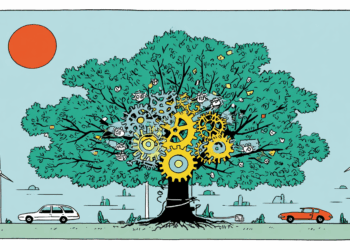Women with the ‘Angelina Jolie gene’ can be screened for ovarian cancer for the first time on the NHS.
University College London Hospitals NHS Foundation Trust (UCLH) is offering surveillance tests to women with the BRCA1 or BRCA2 gene mutations that put them at higher risk of the disease.
The results will allow women to make a more informed choice over whether to have preventive surgery, which will leave them unable to have children.
The ‘risk of ovarian cancer algorithm’ (Roca) test calculates the threat of developing ovarian cancer.
Having this screening every four months dramatically cuts the chance of being diagnosed with late-stage ovarian cancer, which often has no or few symptoms.
Professor Adam Rosenthal, consultant gynaecologist at UCLH, said: ‘At the moment, women face a very stark choice – preventive surgery with the fact that if you’re pre-menopausal, that means you can then no longer have children; and surgical menopause, which has detrimental effects.
‘Not surprisingly, [women can] find it a really difficult decision. There hasn’t been any organised surveillance programme until now.’
The process looks at the rate of CA-125, a protein marker for the cancer and, over two or three tests, ‘builds up a picture of what a woman’s normal fluctuations are’.

The surveillance tests for women with the BRCA1 or BRCA2 gene mutations that put them at higher risk of the disease will allow women to make a more informed choice over whether to have preventive surgery, which will leave them unable to have children
Professor Rosenthal added: ‘If you had a level running between five and ten consistently for a year or two, and then it ticked up to 15 to 20, that would be alarming even though [it] is well below 35 the lab would tell you is a normal result.
‘So it’s picking up a rising level saying, “This is not normal for this woman”. We bring the patient in for a full examination.
‘It means we pick up cancers when smaller.’
Professor Rosenthal said he hoped other NHS trusts would begin offering the test. Actress Ms Jolie, 50, raised awareness of BRCA mutations in 2013 when she had a double mastectomy to cut her risk of developing breast cancer.












